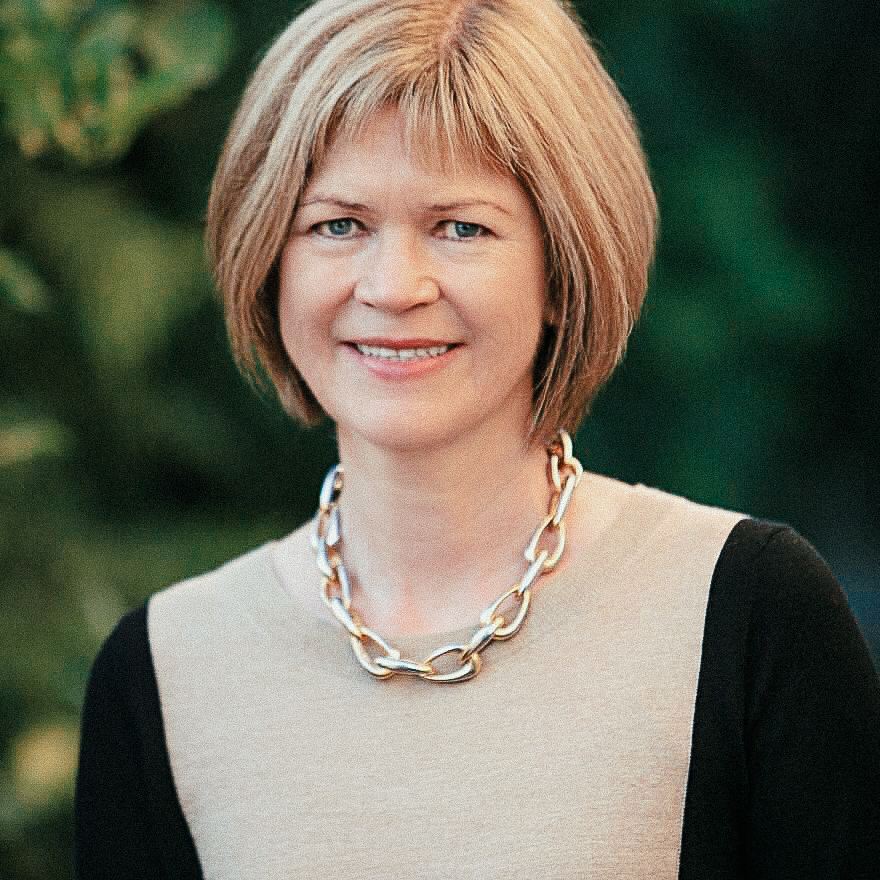Professor Gudrun Magnusdottir elected Fellow of the American Meteorological Society

"I was genuinely surprised and happy, and proud of my group," said Magnusdottir, on learning of the honor. "I’ve been a member of the American Meteorological Society since I was a graduate student. I think I'm the second faculty with primary appointment in ESS to be elected an AMS fellow, second to Ralph Cicerone," the founding chair of ESS and former UCI chancellor.
Nowadays, Professor Gudrun Magnusdottir of the UCI Department of Earth System Science uses computers to model the Earth system — but she remembers a time when she did her calculations with a pencil and paper, working on, she said, “ridiculously theoretical problems in atmospheric dynamics.” During the course of her career, Magnusdottir’s done research into the causes and consequences of warming in the Arctic, which is warming at more than double the rate of the rest of the planet. For that and other work, Magnusdottir was just elected a 2022 Fellow of the American Meteorological Society, one of the most prestigious honors a scientist like her can receive. “There are some well-known powerful feedbacks acting in the Arctic that certainly accelerate the warming, but much is still unknown about the vertical structure of the warming,” Magnusdottir said of the Arctic work. “And it's the vertical profile of the warming that is associated with atmospheric teleconnections, for example, to the heavily populated areas of mid-latitudes.” Magnusdottir and her group are also tackling a problem closer to home; in California, she explained, weather forecasts are only good for a couple of weeks, and climate simulations provide outlooks for atmospheric conditions on timescales on the order of a year or two, making seasonal timescales problematic. With California experiencing more and more extreme climatic catastrophes like drought each year, more detailed, advanced knowledge about what to expect in terms of precipitation for the winter season is becoming ever more valuable, and Magnusdottir’s group is working to bring those projections closer to reality. “This is a very practical problem that water managers in the West where water is scarce have tackled for a long time and they have now turned to us to come up with solutions,” Magnusdottir said.
